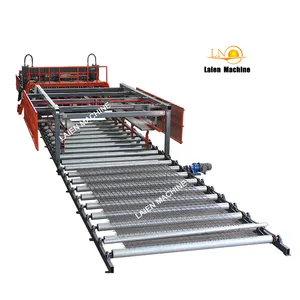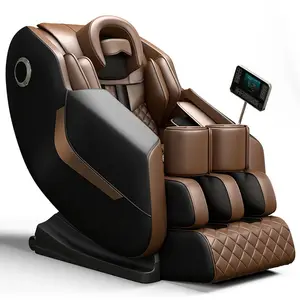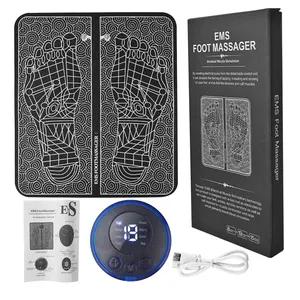Phổ biến trong ngành của bạn
























































Các tìm kiếm liên quan:
















































































































































Các danh mục hàng đầu
Giới thiệu về bảng giá của tấm lưới thép
Có một số loại. bảng giá của tấm lưới thép bao gồm những mặt hàng được làm từ thép không gỉ, silicone, thạch anh hồng và cả những mặt hàng có gắn pha lê Swarovski. Có. bảng giá của tấm lưới thép rung theo nhịp và nhịp của bài hát yêu thích của bạn .. bảng giá của tấm lưới thép có thiết kế không thấm nước và đã được thử nghiệm an toàn cho cơ thể. Không có nhiều thứ để mất khi bạn mua một trong những thứ này từ Alibaba.com và có giá cả, nhãn hiệu và chủng loại phù hợp với mọi người.
Thực tế,. bảng giá của tấm lưới thép là một trong những phát minh thông minh hơn của thế kỷ trước. Chúng tăng cường khả năng miễn dịch, giảm căng thẳng và rất thích hợp cho việc đi du lịch .. bảng giá của tấm lưới thép đi kèm với các tính năng như sạc nhanh qua USB, thiết kế chống thấm nước và silicone an toàn cho cơ thể .. bảng giá của tấm lưới thép dễ vệ sinh, đóng gói kín đáo và có các tính năng như vòng thắt đàn hồi tích hợp và hang động bí mật.





















































